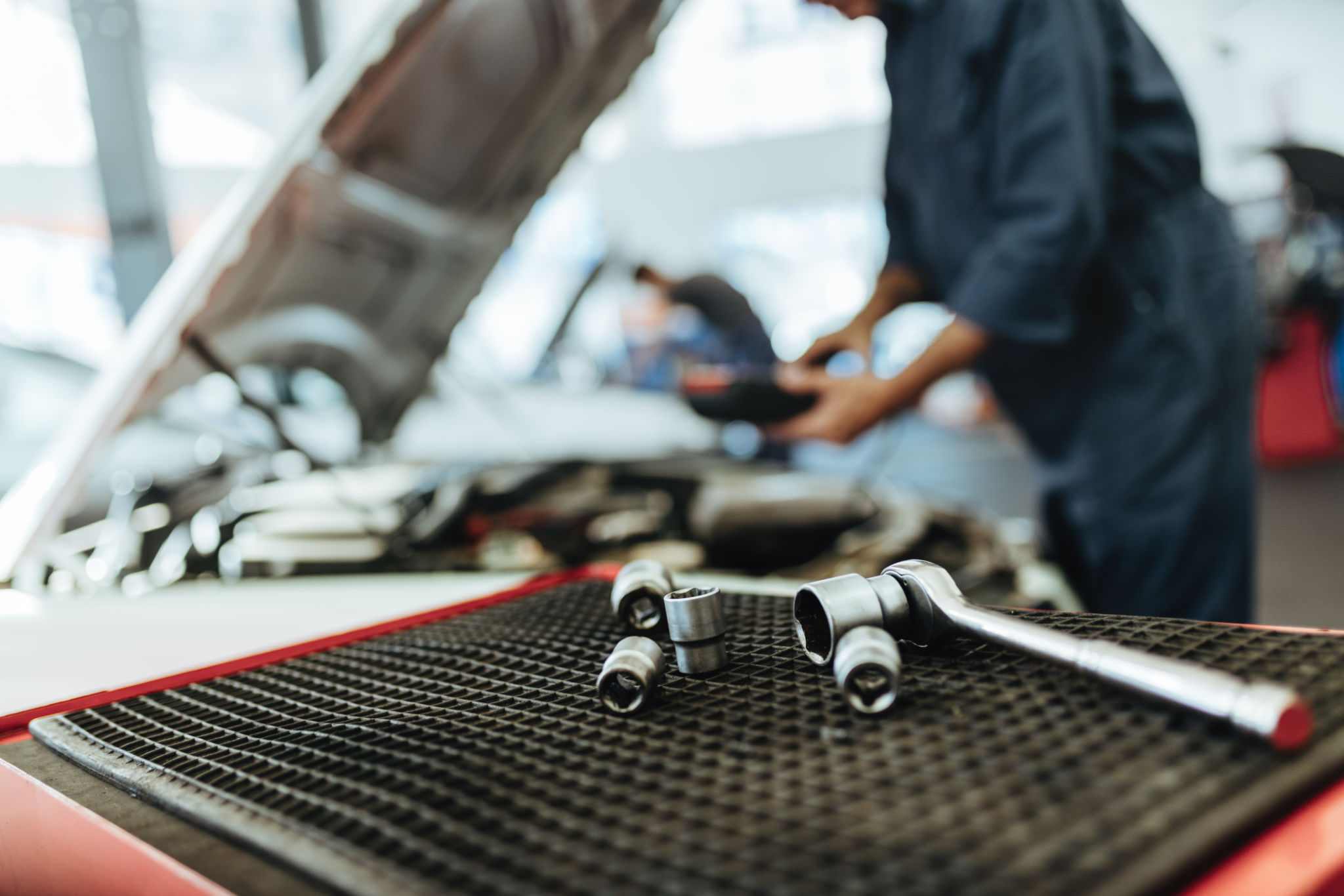DIY Auto Repairs: Essential Tools and Tips for Beginners
Getting Started with DIY Auto Repairs
Embarking on the journey of DIY auto repairs can be both exciting and daunting for beginners. With the right tools and a bit of know-how, you can tackle basic repairs and maintenance tasks, saving money and gaining valuable skills. This guide will introduce you to essential tools and tips to get started.

Essential Tools for Beginners
Before diving into any repair project, it's crucial to have a well-stocked toolbox. Here are some fundamental tools every DIY mechanic should consider:
- Socket Set: A comprehensive socket set will help you remove and tighten nuts and bolts of various sizes.
- Screwdrivers: Invest in a set that includes both flathead and Phillips head screwdrivers for versatility.
- Pliers: Needle-nose and standard pliers are invaluable for gripping and twisting wires or small components.
- Wrench Set: A combination wrench set will allow you to tackle different sized nuts and bolts.
Basic Maintenance Tasks
Begin with simple maintenance tasks to build your confidence and understanding of your vehicle. Some recommended starting points include:
- Oil Change: Regular oil changes are crucial for engine longevity. Ensure you have a proper oil filter wrench and a drain pan.
- Tire Rotation: Rotating your tires helps ensure even wear. A jack and a torque wrench are essential for this task.
- Battery Maintenance: Checking battery terminals for corrosion and ensuring they are securely fastened can prevent electrical issues.

Safety First
Safety should always be your top priority when working on your car. Here are some tips to keep in mind:
- Use Jack Stands: Never rely solely on a jack to support your vehicle. Always use jack stands for added stability.
- Wear Protective Gear: Safety glasses and gloves can protect you from injuries while working on your car.
- Work in a Well-Ventilated Area: If you're running the engine, ensure the area is well-ventilated to avoid harmful fumes.
Troubleshooting Common Issues
As you gain experience, you'll become better at diagnosing common issues. Here are a few tips to help you troubleshoot effectively:
Listen to Your Car: Unusual noises can often be the first sign of a problem. Pay attention to any changes in sound while driving.
Look for Leaks: Regularly check under your car for any fluid leaks, which can indicate issues with the engine, transmission, or brakes.

Learning and Growing as a DIY Mechanic
The world of DIY auto repairs is vast, but with each project, you'll gain more confidence and skills. Consider these resources to further your learning:
- Online Tutorials: Platforms like YouTube offer countless video tutorials that can guide you through various repairs.
- Repair Manuals: Investing in a repair manual specific to your car model can provide valuable insights into its mechanics.
- Join a Community: Online forums and local car clubs can be excellent places to ask questions and share experiences with fellow enthusiasts.
By starting small and gradually expanding your skills, DIY auto repair can become a rewarding hobby that not only saves money but also empowers you with knowledge about your vehicle's inner workings.